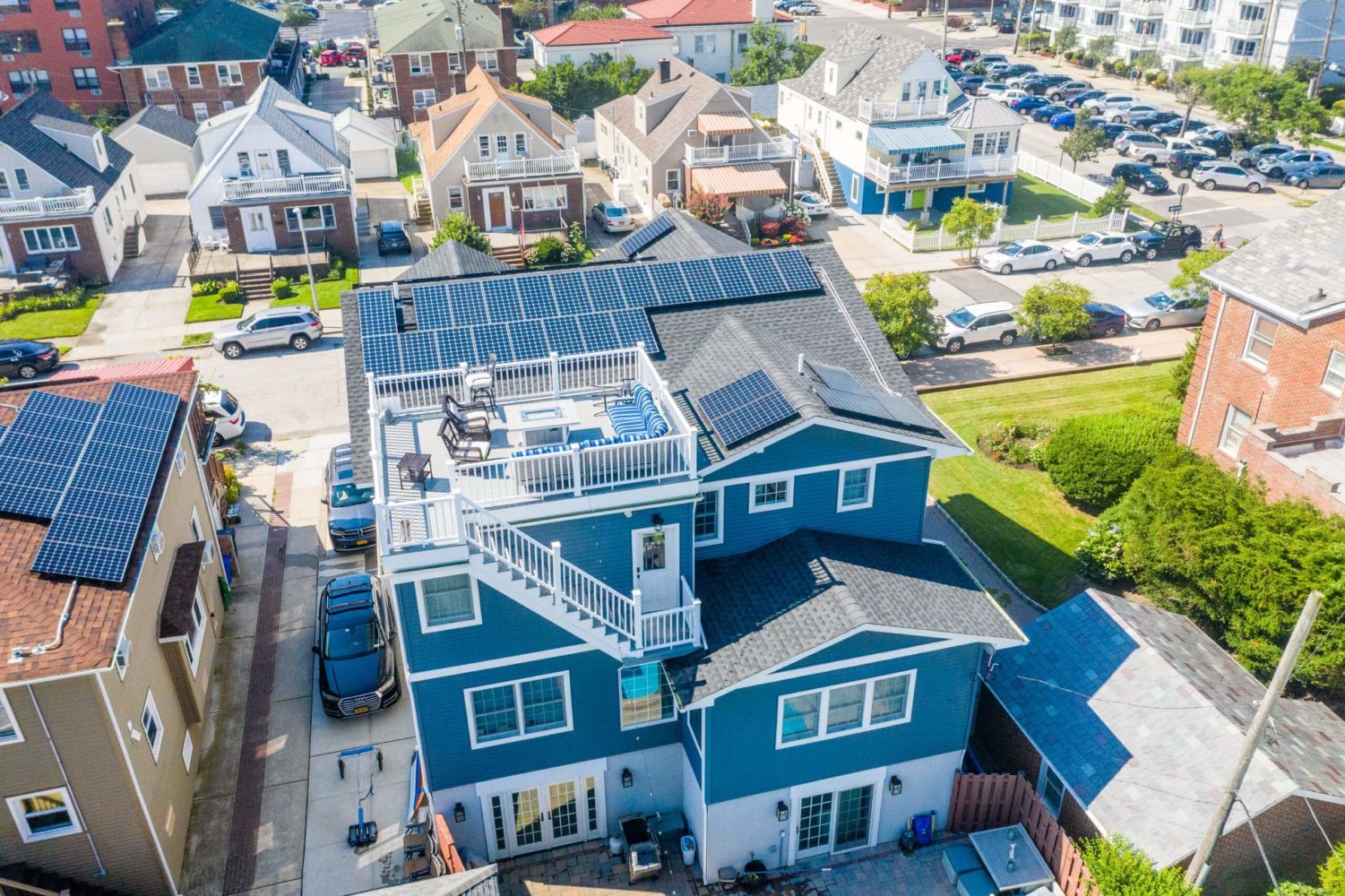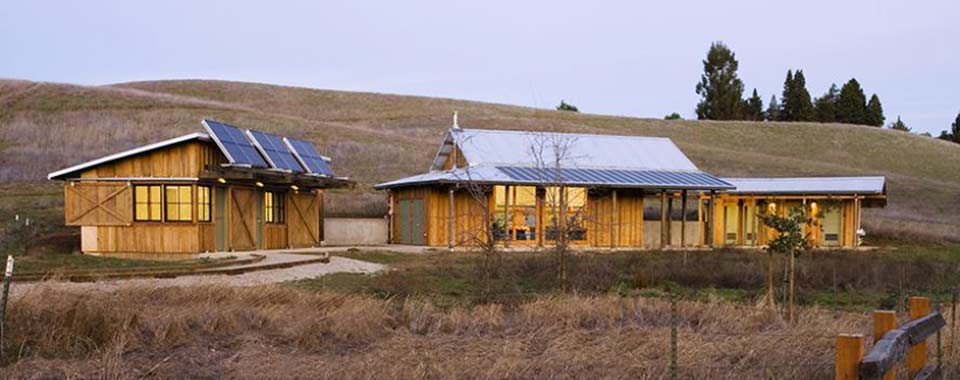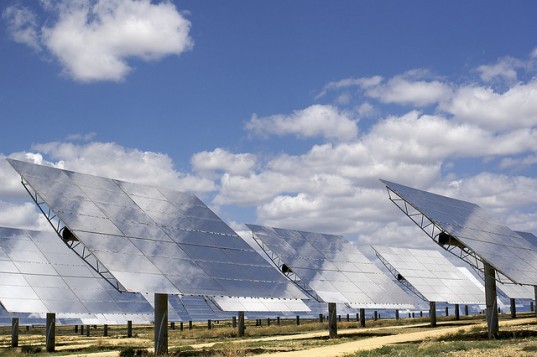
A sustainable energy definition refers to a method of providing and using energy that meets current needs while minimizing the impact on the environment. It considers all aspects of economic, environmental, and social factors. In short, sustainable energy refers to energy that can supply our energy needs while also ensuring the future ability of future generations. In addition, it must be environmentally safe and economically affordable. This definition is a very broad one, and there are many different definitions.
Sustainable energy is energy supply and consumption that reduces damage to the environment
It is energy that can be produced and used to meet the current needs without causing damage to the environment. This type of energy is free and renewable, and is derived from sources that do not harm the environment. Many renewable energy sources can be considered sustainable. They are all abundant and easily accessible.
Sustainable energy sources include solar, wind, water, and geothermal energy. They are renewable, easily replenishable within a person's lifetime, and do no long-term harm to the environment. Other sources of energy, such as advanced polymer composites and geothermal energy are examples of sustainable sources.

It includes environmental considerations
Energy sustainability refers to the assessment of environmental factors that can have an impact on energy production and use. For example, reducing material inputs can improve energy efficiency and reduce life-cycle carbon emissions. A key consideration is resource efficiency. It is predicted that the global consumption for primary materials will increase by two-thirds by 2050. Renewable energy sources may be used to reduce demand while still preserving the environment.
The social and economic dimensions of energy sustainability must also be considered. In general, renewable sources are more environmentally friendly than fossil fuels. But there are instances when renewable energy projects have very serious environmental consequences. Additionally, it is important that you consider whether a particular technology could be adopted by a local community as this can affect its costs and potential benefits.
It includes both economic and socio-economic aspects.
Energy sustainability can be described as a complex concept that includes economic, environmental, and social dimensions. All of these aspects are interconnected to help us achieve a more sustainable energy future. For society to achieve the SDGs (including poverty eradication, better health and education, industrial development, and environmental protection), energy is essential.
Energy sustainability is a combination of economic and social factors that promote efficiency and reduce pollution. Together they promote renewable energy and green technologies as well as other ways to decrease energy use. They promote environmental justice and global stewardship for natural resources.

It is economically accessible
Many technologies are available to increase the energy sustainability and efficiency of buildings. These include the use passive technologies and renewable energy resources. These measures' success will depend on many factors, including culture, lifestyle, behavior, and other social factors. Enhanced energy sustainability in buildings can also be achieved by introducing district energy systems. These systems can produce power from both traditional and renewable resources, and they can cover a large geographic area.
It is essential for every day of human life. It is used for a wide array of purposes including transport, lighting heating and cooling, as well industrial processes. These services cover all aspects of energy's life cycle, from obtaining them to converting them and transporting them. These services are essential for maintaining a decent standard in life and supporting societal growth.